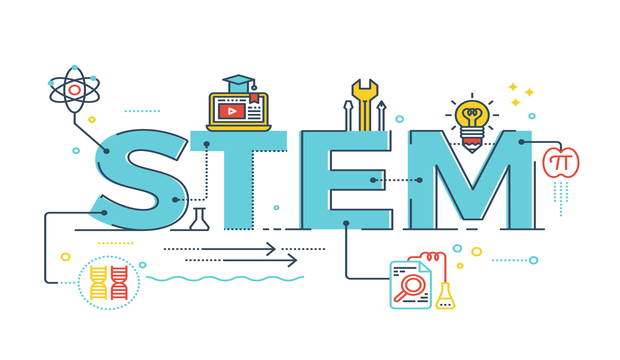Five reasons why your child will benefit from a STEM curriculum

Science, technology, engineering and mathematics: these areas of work and study are the building blocks of the future. That’s why, all around the world, educators have been grouping them together under the heading of STEM subjects. The name is not just an acronym, but also suggests the way that these subjects combine to form a core discipline from which everything else follows.
STEM is an interdisciplinary approach that integrates all four subjects rather than teaching them separately. Understanding how science, technology, engineering and maths interconnect and affect each other gives a much more practical and holistic knowledge of the world than one gets if the subjects are studied in isolation.
Some institutions go even further. At the Stamford American School, an international school in Hong Kong, the STEM curriculum is augmented with a focus on innovation, meaning that greater emphasis is placed on design and turning theoretical knowledge into practical reality. Important assets such as teamwork, problem-solving and critical thinking are developed through the STEMinn programme, beginning from the age of five onwards.
Here are five reasons why STEM learning is important.
Jobs
We live in an increasingly technology-driven society where the number of jobs requiring STEM-related qualifications is growing all the time. From computing to manufacturing, physical and life sciences, engineering, food production and healthcare, the demand for qualified employees is fierce. As a result of this skills shortage, these jobs are relatively well-paid, even at entry level.
Life skills
Blended learning as used in the STEM curriculum applies the scientific method to everyday life. The younger children get into this habit the better, as their minds are more flexible at an early age. Good habits such as logical thinking and inquiry-based learning can be inculcated at the very start of the educational process, and these can be useful whatever career or life path they eventually embark on.
Future-proofing
Science keeps on evolving, and teaching children STEM subjects is a way of future-proofing them. If they feel the march of progress is something they can be a part of, then they are less likely to resign themselves to being left behind. New fields, such as artificial intelligence and cybersecurity, are opening up all the time. STEM learning allows your child to adapt to these changes and see them as opportunities.
Stimulate the imagination
Children are naturally curious, and STEM learning stimulates and feeds their imagination in a healthy, practical way. It lets them learn about how the world works while giving them structure, activity and challenges. Although later in life we may become cautious and set in our ways, getting into STEM early can be great fun for children.
Make a difference
Learning STEM skills not only prepares children for a future science-based career but also gives them a passion for the subject and the confidence that they can understand it, which is particularly important for girls (who are still under-represented in this area). It is interesting work that can also make an important difference to the worldfor the better.
Giving your child the opportunity to follow a STEM curriculum opens up a future of possibilities for them. Whatever career they choose in later life, STEM learning will only be of huge benefit.




